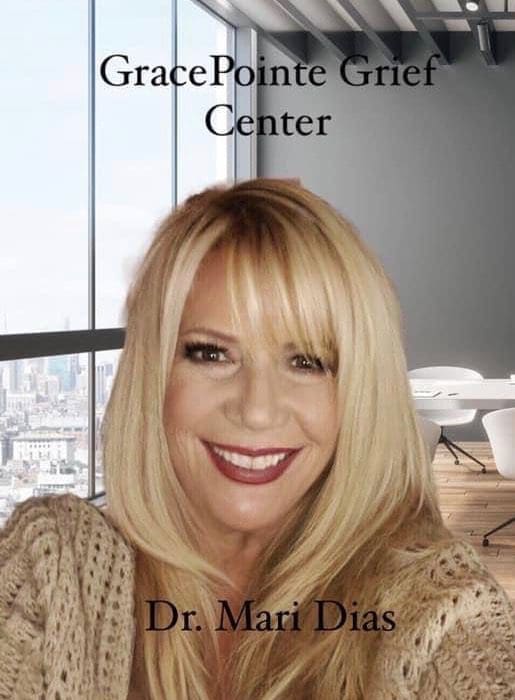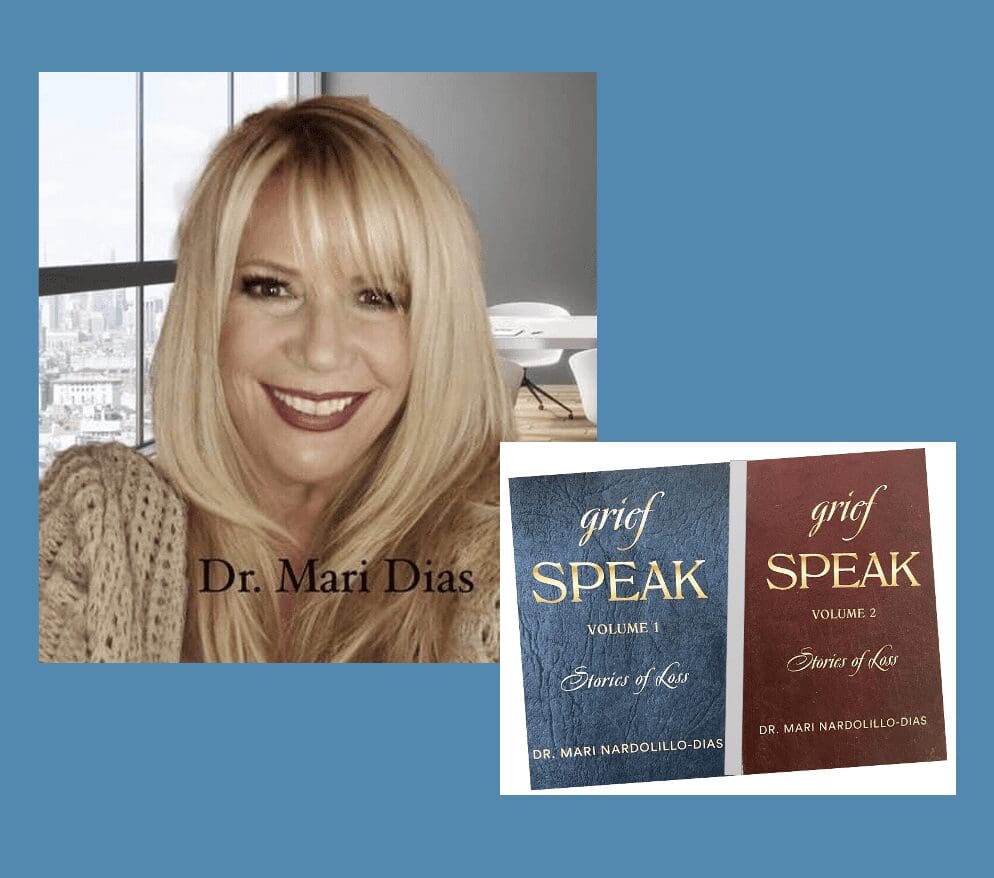Search Posts
Recent Posts
- Out and About in RI: Former Pawtucket Mayor Henry Kinch Tribute in Photos June 24, 2025
- Rhode Island Weather Forecast for January 24, 2025 – Jack Donnelly June 24, 2025
- ART! Mark Freedman, first featured artist of Summer Art Shows at Charlestown Gallery June 24, 2025
- The Bellevue Hotel: Procaccianti Co. New Luxury Boutique Hotel Set for Newport’s Iconic Bellevue Ave June 24, 2025
- Mike Stenhouse, CEO of RI Center for Freedom & Prosperity, named into College Baseball Hall of Fame June 24, 2025
Categories
Subscribe!
Thanks for subscribing! Please check your email for further instructions.

GriefSPEAK: Beauty too beautiful – Mari Nardolillo Dias
GriefSPEAK: – Mari Nardolillo Dias
By: Dr. Mari Nardolillo Dias
“I embrace moments while simultaneously grieving the thought that they will soon be over.” (Dias, 2022)
Botticelli died in 1510 and yet his art can literally still make someone have a heart attack more than 500 years later. “Can art be so beautiful that it makes you feel ill?” (Jonathan Jones, 2018 from The Guardian). Many contribute this phenomenon to The Stendhal Syndrome,” a medical condition where people become ill after seeing too much beauty. Despite the sublime art that can be found in museums and galleries throughout the world, The Stendhal syndrome seems to only occur in Firenze. This syndrome is named after the first recorded case of a novelist/critic who made himself sick on art in 1817. Renaissance art. When Giorgio Vasari began building the Uffizi his idea of art was something that had a hypnotic allure (Jones, 2018). Even the Medici’s believed that art could make you happy, wise, and civilized.
Although the Stendhal syndrome is specific to art, I suspect that many like myself experience an overwhelming sense of breathlessness, a “hypnotic allure” when our senses are accosted. A sunset can stop me on an inhale. The enormity of its biblical apocalyptic nature evokes images of the afterlife. And yet, there are other experiences that arouse this same feeling. The sun on the ocean that casts thousands of fireflies of reflected light. The underwater world. And talent. The gift of genius. The sight and taste of an evening-long meal on the Italian coast, surrounded by violins and wine. And music. Like Bocelli’s “The Prayer.” Rachmaninoff’s Piano Concerto 3. “On My Own” from Les Miserables.
Unlike the fainting spells associated with The Stendhal syndrome, the beauty of nature, music and cuisine overwhelm me and give me a sense of breathlessness. I try to capture and embrace these moments, at the same time grieving that they will soon be gone.
___
To read more articles for RINewsToday by Mari Nardolillo Dias, go here: https://rinewstoday.com/dr-mari-dias/

Dr. Mari Dias is a nationally board-certified counselor, holds a Fellow in Thanatology and is certified in both grief counseling and complicated grief. Dias is a Certified death doula, and has a Certificate in Psychological Autopsy.
She is Professor of Clinical Mental Health, Master of Science program, Johnson & Wales University. Dias is the director of GracePointe Grief Center, in North Kingstown, RI. For more information, go to: http://gracepointegrief.com/
Dias is the author of GriefSPEAK, Vols. I and II.

